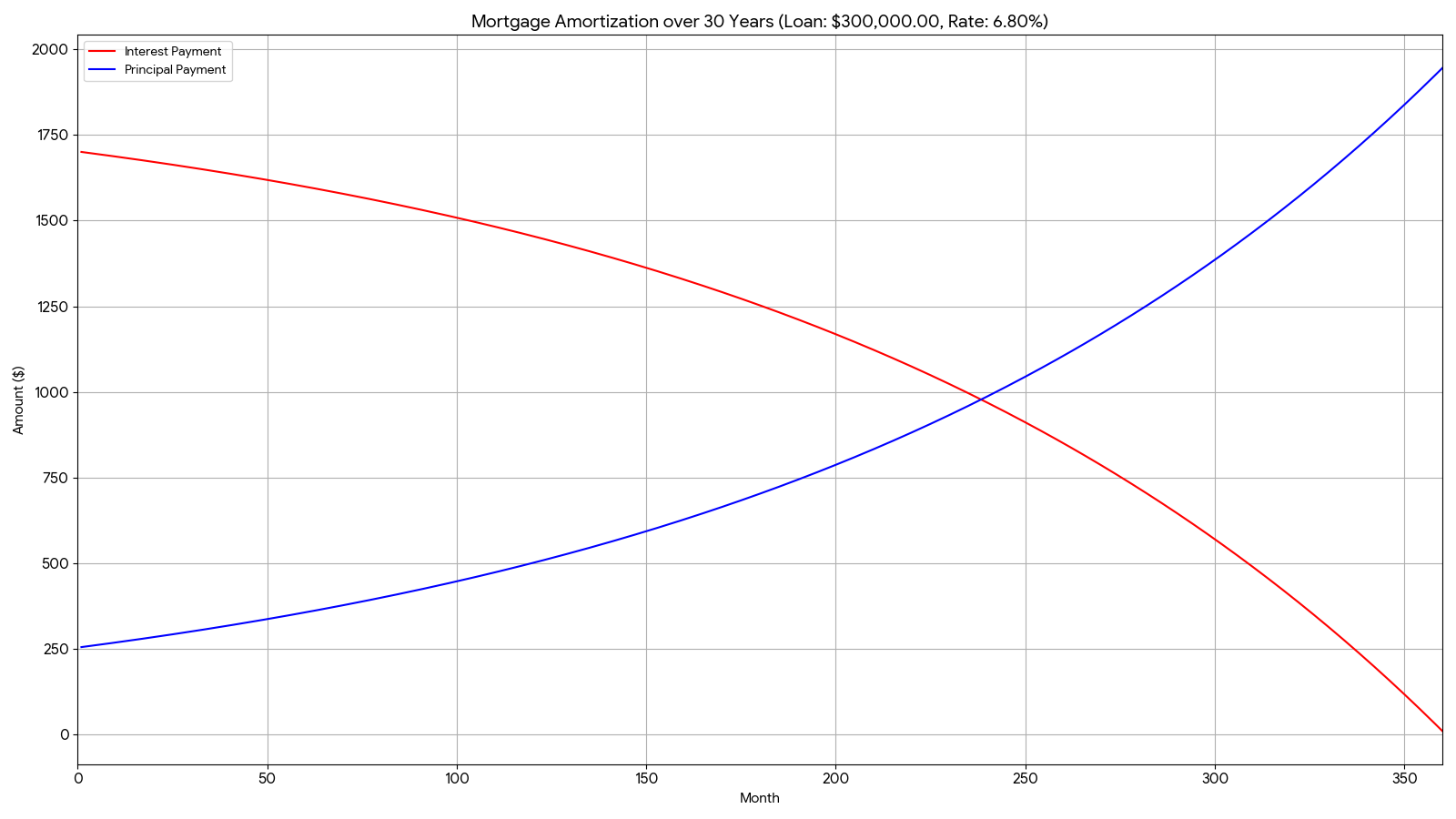Ever looked at your monthly loan bill and thought, “Where is all my money really going?” If you’ve got a mortgage, car loan, or even student loans, understanding amortization can completely change the way you look at your payments — and might just save you thousands of dollars.
In this article, we’ll break down what amortization really means, how it works in real life, and why every American with a loan should understand this financial concept.
🧠 What is Amortization in Simple Terms?
Amortization is the process of paying off a loan over time through regular payments. Each payment you make is split into two parts:
-
Interest (what the lender charges you)
-
Principal (the actual loan amount you’re paying down)
As time goes on, a bigger portion of your payment goes toward the principal, and less toward interest. This is called an amortization schedule.
Think of it like this:
You’re not just paying for the right to borrow money — you’re slowly buying back your financial freedom, one payment at a time.
🏠 Real-Life Example: Amortization in Action
Let’s say you take out a 30-year fixed mortgage for $300,000 at a 6.5% interest rate. Your monthly payment might be around $1,896. Here’s how amortization breaks it down:

-
In the first few years, most of that $1,896 goes toward interest.
-
By year 15, the tables turn — now most of your money is reducing the principal.
-
By year 30, you’ve paid off the entire loan.
So while your payment stays the same, the way it’s applied changes dramatically over time.
📊 What is an Amortization Schedule?
An amortization schedule is a detailed table that shows:
-
Each monthly payment
-
How much goes to interest
-
How much goes to principal
-
Remaining loan balance
Pro Tip: Ask your lender for this schedule or generate one using an online amortization calculator.
💡 Why Amortization Matters for You
Understanding amortization isn’t just for financial nerds — it’s for every working American trying to get ahead. Here’s why it matters:
✅ You’ll Pay Off Debt Smarter
Knowing how your payments are split helps you plan extra payments that actually reduce your loan faster.
✅ You Can Save Thousands in Interest
If you pay just a little extra on your mortgage each month, that money goes straight to the principal — which means less interest over the life of the loan.
✅ It Helps with Tax Planning
Some interest payments (like on mortgages) are tax deductible, which can affect your refund. Understanding your amortization helps you calculate those deductions better.
💸 Amortization vs. Depreciation — What’s the Difference?
You might also hear “amortization” in the context of business accounting, especially with intangible assets like software or patents.
But here’s the difference:
| Term | Used For | Meaning |
|---|---|---|
| Amortization | Loans or intangible assets | Spreading payments or costs over time |
| Depreciation | Physical assets (cars, buildings) | How things lose value over time |
If you’re a homeowner or borrower, the loan amortization definition is what matters most.
🙋♂️ FAQs: What Americans Ask About Amortization
Q: Can I pay off an amortized loan early?
Yes! You can make extra principal payments to reduce your balance faster — just make sure your lender doesn’t charge prepayment penalties.
Q: Does student loan amortization work the same?
Mostly yes, but with some federal student loans, your interest may capitalize, meaning it gets added to the principal if you pause payments.
Q: Is amortization good or bad?
Amortization itself is neutral — but understanding it helps you make smarter financial moves.
Q: What’s a balloon payment?
That’s when your loan is partially amortized — you pay smaller payments upfront and then one big lump sum at the end. Risky if you’re not prepared.
📈 How to Use Amortization to Your Advantage
-
Use online calculators before taking a loan to see your full schedule.
-
Make extra payments whenever you can — even $100/month can shave years off your loan.
-
Refinance if interest rates drop, and re-check your amortization schedule afterward.
Why You Should Care About Amortization
Let’s face it — loans are a part of American life. Whether it’s your home, car, or college degree, you’re probably paying something off right now.
Understanding amortization isn’t just a financial buzzword. It’s your map to freedom from debt.
The more you understand it, the less power lenders have over your future — and the more you can take control of your money, your home, and your life.